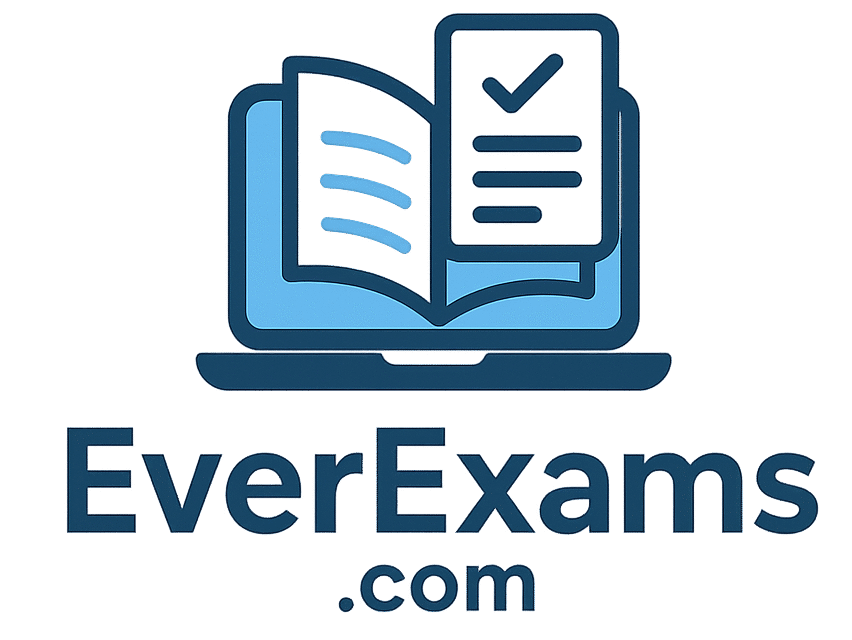Tag: INTRODUCTION TO AUTACOIDS AND THEIR ANTAGONISTS mcqs
-
Introduction to Autacoids and Their Antagonists MCQs – Exam Practice
Prepare with MCQs on Autacoids and Their Antagonists. Cover key concepts like histamine, serotonin, prostaglandins, and their inhibitors for effective exam preparation.

